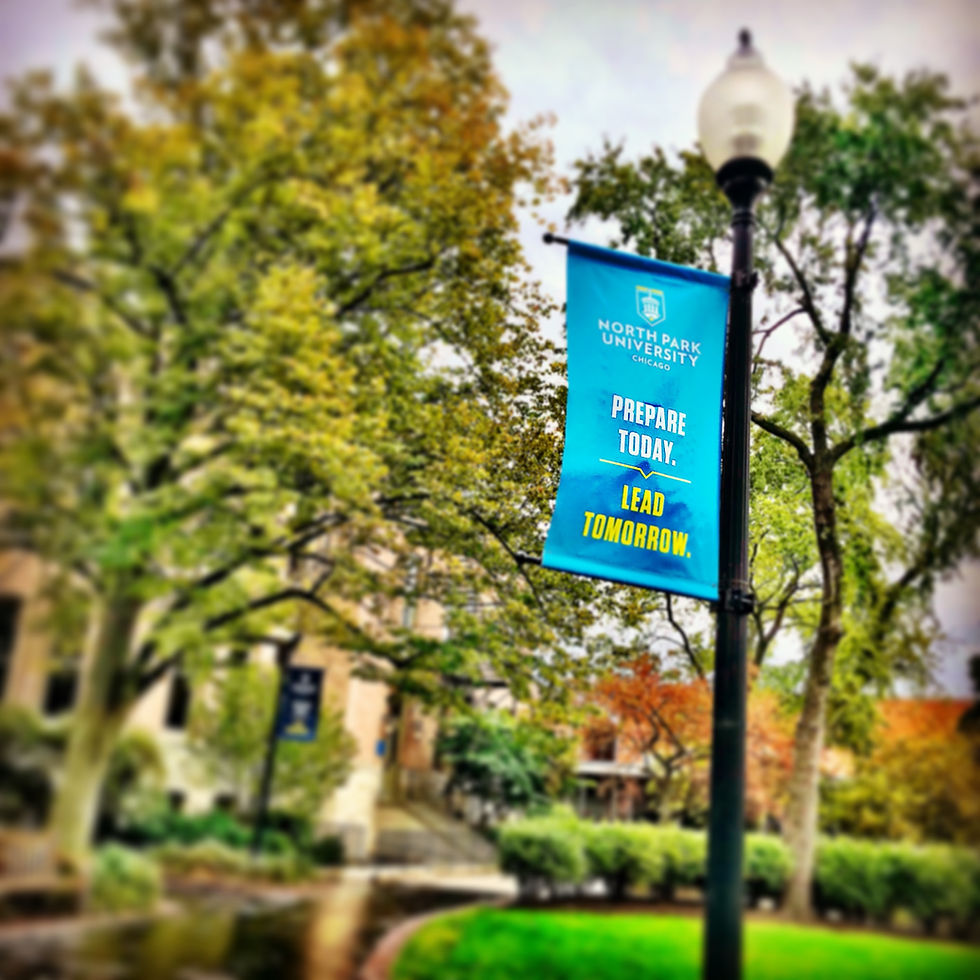The Schedule
- Dr. Renée-Paule Gauthier
- Oct 1, 2015
- 3 min read
Managing your time without setting priorities is like shooting randomly and calling whatever you hit the target. – Peter Turla
I have talked about finding your vision and setting a plan of action. Now comes the time to talk about a way to organize your time that might help you become more effective in acting towards achieving your goals.
Knowing how to build a well-organized schedule can be an instrumental element in becoming an efficient and successful person. Personally, I like to take some time at the beginning of each week, usually on Sunday evening, to plan the upcoming days. I plan everything - practice time, rehearsals, concerts, appointments, teaching, cooking, working, studying, cleaning, leisure time, etc. - and I try to be as precise and detailed as possible. Proceeding this way allows me to maximize my time and prevent unpleasant surprises. Not 100% of what I plan gets done, but I’m 100% more efficient by planning ahead of time.
The firm commitments
I use an online calendar which lets me access my schedule from any computer or device of my choice. Going in first are what I call the firm commitments, i.e., the activities that I am committed to at a specific time and place: rehearsals, concerts, lessons, classes, meetings, appointments, family activities, etc. My work and family obligations are usually entered as soon as an engagement is confirmed, they are therefore already in the calendar when I sit down to “build” my week.
The next thing going in will usually be the chunks of time necessary to commute to all the different activities. Planning commuting ahead of time helps you work around traffic hours and increases your chances of being punctual. (When you do this, you realize how much time you spend/waste going from place to place! I like to listen to audiobooks and podcasts, which transforms my long commuting time into a learning opportunity or an entertaining ride.) Planning my commute also helps me notice where I go and when. This often allows me to combine errands and commitments, which saves me time.
Variables
The variables are all the other activities which have no specific set time: meal cooking and eating, practicing, studying, grocery shopping, cleaning, etc. Prioritizing is the guiding light when it comes time to schedule the variables. As a human being, I need to eat, sleep, and take care of myself. As a spouse, parent, and homeowner, I need to make sure that I save blocks for family time, grocery shopping, meal preparation, and home maintenance.
As a musician, teacher, and student, I have several tasks which must get done dutifully and mindfully. Trying to squeeze in a workout or fun outing with friends is also important sometimes! From week to week, the order of priority in the use of my time will change according to my to-do list or due to unforeseen circumstances. One week, a sick child will consume a great amount of time. Another week, preparation for a big concert will take precedence over getting all the laundry done. But with careful planning, everything important and necessary can get scheduled and accomplished.
Practice
Obviously, as “musician-athletes,” practicing must always remain close to the top of the priority list. A daily minimum is required to maintain form. After that, the different deadlines should be kept in mind when scheduling. Using a practice journal along with a weekly schedule can be really useful. As long as you make sure you plan ahead of time and schedule enough time to get ready fully for performances and commitments, things should move in the right direction for you.
Student planning
For a student with fewer work and family responsibilities, I would recommend the following order when planning a schedule:
1. Classes/rehearsals/concerts
2. Gigs/work hours (if working part time)
3. Commute (if necessary)
4. Homework/practice/projects
5. Sleep
6. Meals
7. Exercise
8. Groceries/cleaning
9. Social activities
Obviously, everybody has a different way of going about things. What matters is that you find a way that works for you.
In the studio this week: “Remain constantly and keenly aware of sound quality!” “Mindful, methodical, meticulous.” “First, think. Then, play.”
Related readings: http://michaelhyatt.com/ideal-week.html
(Next time: The Location)




Comments